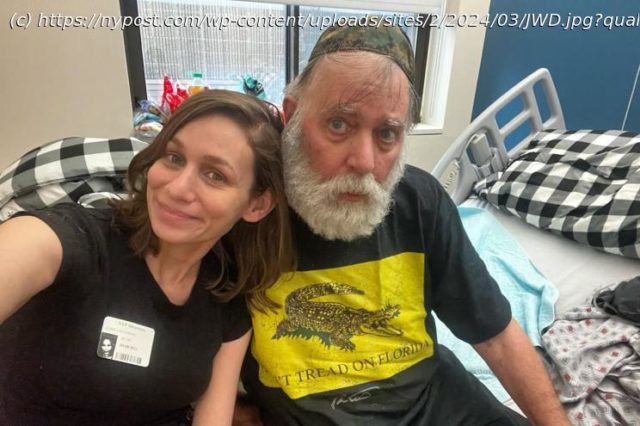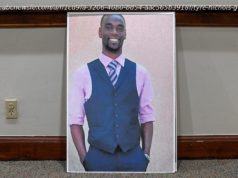When cancer spreads too far and chemotherapy and radiation no longer work, doctors stop treatment and the patient’s real pain begins.
Life is sadly not as Hollywood portrays it to be.
Many people may think that when they walk into a hospital, they’re on an episode of “Grey’s Anatomy,” but that is far from reality.
Kate Middleton likely learned this all too well when she was diagnosed with cancer after having “major abdominal surgery” in January.
“The surgery was successful. However, tests after the operation found cancer had been present,” the Princess of Wales, 42, revealed in a bombshell videotaped statement Friday.
“My medical team therefore advised that I should undergo a course of preventative chemotherapy and I am now in the early stages of that treatment.”
While the royal insisted she is “well and getting stronger every day,” other patients’ real pain begins when the cancer has spread too far and chemotherapy and radiation no longer work, so doctors stop treatment.
As the daughter of a Stage 4 bladder cancer patient, I’ve empirically learned four realities that people usually don’t talk about — harsh truths that aren’t likely to be written into the scripts of medical TV shows or movies. 1. How angry your loved one with cancer becomes due to pain
When I visited my father for the final time, I thought it would be as seen on TV: sentimental, tearful and beautiful.
To my surprise, I found him extremely irate.
As I walked into his hospital room, my father was barking at nurses and howling in pain.
The palpable anger he felt was extremely out-of-character for him, but shockingly enough, I discovered that “terminal agitation” and end-of-life personality changes are normal for cancer patients who are at death’s door.
“Fear, anxiety and anger are all commonly seen characteristics of patients with terminal illnesses,” according to Missouri-based Crown Hospice.
These upsetting emotions are caused by many feelings of the cancer patient.






